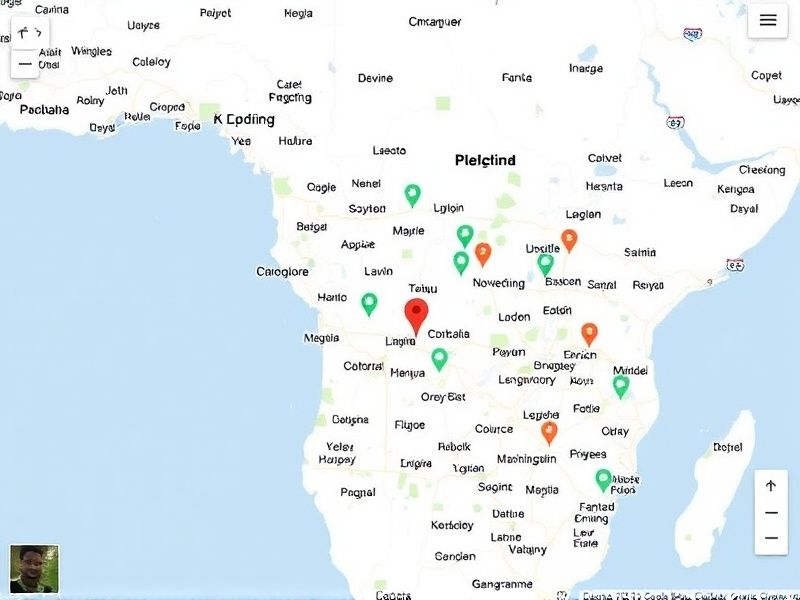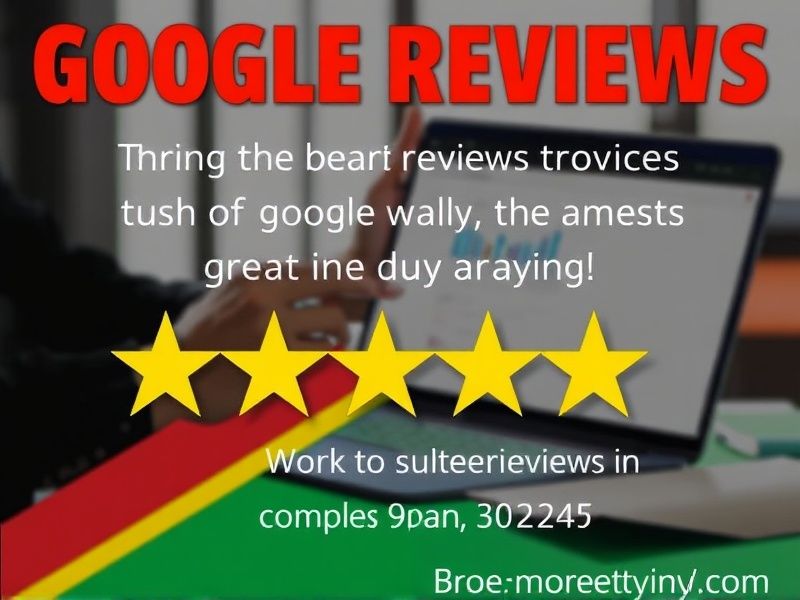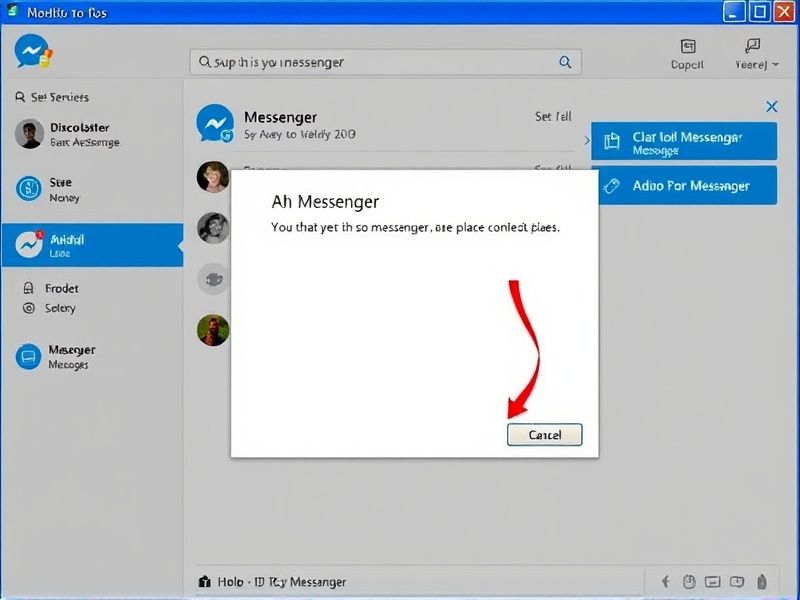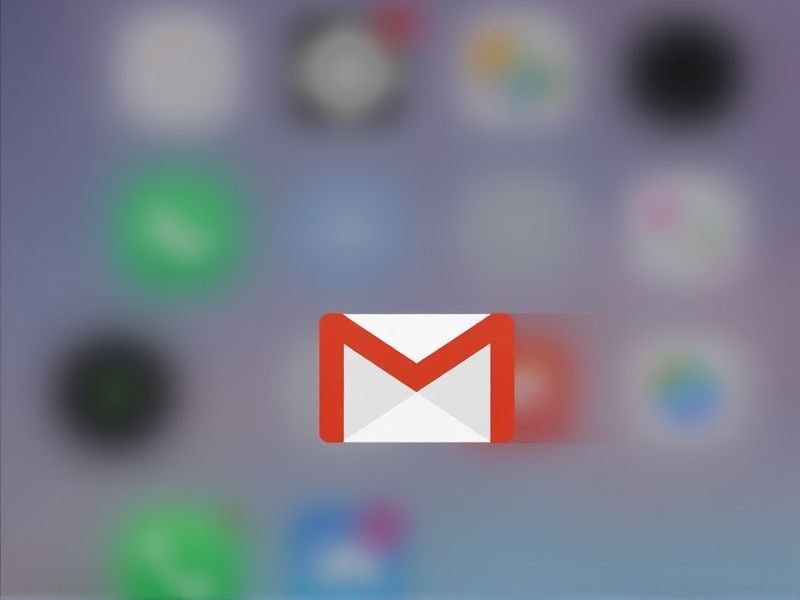Why Buying Google Map Reviews Could Be Your Togo Business’s Secret Weapon (And How to Do It Right)
The Digital First Impression Game in West Africa
Let’s face it – when was the last time you tried a new restaurant or shop in Lomé without checking those little star ratings first? In Togo’s buzzing commercial hubs, where word-of-mouth travels faster than zemidjan moto-taxis, online reputation has become the new marketplace chatter. Recent data shows over 60% of Togolese consumers under 35 now check Google reviews before visiting local businesses. But here’s the kicker: many savvy entrepreneurs are discovering that buying Google Map reviews in Togo isn’t just about padding numbers – it’s about surviving in an increasingly digital-first economy.
How This Works for Mama Benz to Tech Startups
Picture this: A family-run auberge in Kpalimé struggling to compete with French-owned hotels. By strategically purchasing authentic-looking reviews highlighting their homemade fufu and guided nature walks, they jumped from page 3 to the top 5 local listings within weeks. The secret sauce? Quality providers don’t just blast generic 5-star comments. They craft reviews mentioning specific menu items, staff names, and cultural details that resonate with both locals and eco-tourists.
The Step-by-Step Reality Check
Now before you rush to buy reviews, let’s break down how legitimate services actually operate:
1. Providers analyze your existing Google My Business profile
2. They create reviews from aged accounts with Togo IP addresses
3. Reviews mention location-specific details (think “near Marché de Lomé” or “best aloko in Agoè”)
4. Gradual posting over 6-8 weeks to avoid red flags
When Ethics Meet Algorithms
Here’s where things get interesting. While Google officially prohibits paid reviews, the reality on the ground in Togo’s informal economy is… nuanced. A local SEO expert I spoke to in Bè put it bluntly: “If all your competitors are buying reviews and you play 100% clean, you’re essentially committing digital suicide.” The key is balance – maintaining a base of authentic reviews while supplementing with purchased ones that follow Google’s content guidelines.
Organic vs Paid: The Togo Edition
| Organic Reviews | Purchased Reviews | |
|---|---|---|
| Time to Impact | 6-12 months | 2-3 months |
| Cultural Relevance | Hit or miss | Tailored to local norms |
| Review Depth | Simple ratings | Detailed experiences |
| Risk Factor | None | Moderate if overdone |
Real Talk from Lomé Entrepreneurs
Take Société Générale Bank’s mobile money kiosks – they reportedly boosted customer visits by 40% after supplementing their Google reviews. Or the popular Chez Aya beach bar that credits purchased reviews for helping them dominate “best cocktail” searches. But it’s not all sunshine – a tech startup in Nyékonakpoe learned the hard way that buying 50 reviews overnight leads to profile suspension.
Who’s Really Winning with This Strategy?
From what I’ve seen, three types of Togolese businesses benefit most:
– New businesses needing quick credibility
– Traditional enterprises transitioning online
– Tourism-focused services targeting international clients
The Cultural X-Factor You Can’t Ignore
Here’s something most providers won’t tell you: Successful reviews in Togo often include subtle local cues. Mentions of “petit commerce” charm, references to popular mobile money platforms like Flooz, or shoutouts to neighborhood landmarks. One review for a Kara-based hotel cleverly noted “easier to find than a taxi during rush hour” – pure gold for local SEO.
Your Move in Togo’s Digital Gold Rush
While buying Google Map reviews in Togo isn’t risk-free, the competitive advantage for early adopters is real. The key is working with providers who understand both Google’s algorithms and Togo’s unique market dynamics. Start small, monitor results, and always – always – keep collecting genuine reviews alongside purchased ones. After all, in the land of agbadja rhythms, the best strategies always mix tradition with innovation.





Reviews
There are no reviews yet.